Ever find yourself asking, “How long does it take for a dog to digest food?” Well, it depends, but on average, up to 10 hours to digest the food and another few hours to poop it out, but this can vary based on age, size, breed, and activity level. Understanding your dog’s digestion timeline is key to supporting their health and comfort. From the moment kibble hits the bowl to when your pup heads outside for a potty break, there’s a lot going on inside. In this article, we’ll talk about the digestion process, poop timing, and what you should watch for.
Table of Contents
- The Digestion Timeline of a Dog
- Factors That Affect Your Dog’s Digestion and Pooping Time
- When to Be Concerned About Digestion or Poop Delays
- Tips to Support Healthy Digestion and Poop Timing
The Digestion Timeline of a Dog
Right After Eating (0 to 5 Minutes)
The digestive process begins as soon as your dog starts eating. Dogs don’t chew their food thoroughly. Most of it goes down in chunks. Saliva helps move the food down the esophagus, but doesn’t do much in breaking it down (that comes later).
In the Stomach (30 Minutes to 4 Hours)
Food enters the stomach, where strong acids and enzymes start breaking it down, especially proteins. Wet food digests faster, while dry kibble may sit longer. This is a major phase of digestion and can take a few hours, depending on the meal.
Small Intestine (4 to 10 Hours)
The next stop is the small intestine. This is where nutrients like fats, proteins, and carbs are absorbed. Bile from the liver and enzymes from the pancreas help with digestion here. It’s where your dog’s body gets the energy and nutrients it needs.
Large Intestine (10–24 Hours)
The remaining waste goes down to the large intestine for water absorption and final processing. Friendly bacteria break down fiber and help form solid stool. At this point, the dog’s body prepares to eliminate what’s left—in the form of poop.
Elimination (Up to 24 Hours After Eating)
Eventually, your dog poops out the waste that couldn't be used. This usually happens within 12 to 24 hours after eating. Keep in mind that timing may vary depending on your dog’s size, age, and the type of food.
Factors That Affect Your Dog’s Digestion and Pooping Time
Size and Breed
The size and breed of your dog play a big role in how quickly food moves through their system. Smaller dogs like Yorkies or Chihuahuas usually digest food faster because of their shorter digestive tracts. Larger breeds such as Great Danes or Labradors often have slower digestion, sometimes taking up to 12 hours to fully process a meal. Breed-specific traits also matter. Some breeds are more prone to gastrointestinal issues, bloating, or sensitive stomachs, which can affect how often they poop.
Type of Food
What your dog eats has a major impact on how long it takes for it to digest and eliminate waste. Wet or canned food usually digests faster than dry kibble due to its higher moisture content and softer texture. High-fiber or raw diets may promote regular bowel movements, while foods full of fillers and preservatives can slow things down. Also, meat-based meals break down differently from plant-based alternatives.
Activity Level
A dog’s level of exercise and movement plays a major role in its digestion and bowel habits. Regular physical activity helps stimulate intestinal muscles, encouraging smoother and faster digestion. Dogs who go for daily walks or play often tend to poop more regularly than couch potatoes. On the other hand, sedentary pups may experience sluggish digestion, leading to constipation or irregular bowel movements. Short walks after meals can help activate your canine companion’s digestive system and establish a bathroom routine.
Stress and Anxiety
Stress and anxiety can seriously mess with your dog’s digestive rhythm. Just like humans, dogs react to stressful situations—like moving homes, loud noises, or separation—with changes in bathroom habits. Some dogs may poop more often when anxious, while others might hold it in, leading to constipation. Routine disruptions, new environments, or even changes in feeding times can throw off their digestion. A calm and predictable environment is key to a normal digestive flow.
Age
Your dog’s age is another key factor that affects digestion and pooping frequency. Puppies have quick metabolisms, meaning they often need to poop within 10 to 30 minutes after eating. Their digestive systems are still developing, so they process food faster and need more frequent bathroom breaks. Adult dogs typically have a more stable digestion rhythm, while senior dogs often slow down due to aging organs and reduced activity. Age-appropriate food can help regulate digestion at any life stage.
Hydration
Water is essential for smooth digestion and regular pooping. Hydration helps break down food, transport nutrients, and soften stool so it passes more easily. If your dog isn’t drinking enough, their stool can become hard and dry, resulting in constipation. Dehydration may also slow down the entire digestive process. Make sure fresh, clean water is always available, especially if your dog eats dry kibble or lives in a warm climate. Signs of dehydration include dry gums, lethargy, and infrequent urination.
When to Be Concerned About Digestion or Poop Delays
While no two dogs’ digestion timelines are the same, certain signs can signal something’s off. If your dog hasn’t pooped in over 48 hours, seems bloated, strains while trying, or shows signs of discomfort, it’s time to pay attention. Changes in stool consistency, like very hard, runny, or unusually colored poop, can also indicate a problem. Frequent vomiting, lethargy, or loss of appetite are red flags, too. These issues could point to blockages, dehydration, infections, or dietary sensitivities. When in doubt, always consult your vet. Catching digestive problems early helps prevent serious complications and keeps Fido healthy and comfortable.
Tips to Support Healthy Digestion and Poop Timing
Feed a Balanced Diet
A well-rounded, high-quality diet is key to supporting your dog’s digestive health. Look for food with the right balance of protein, fiber, and essential nutrients. Fiber, in particular, helps keep things moving smoothly through the digestive tract. Avoid frequent switches in diet, as sudden shifts can upset your dog’s stomach and most likely cause diarrhea or constipation. Instead, transition slowly over a few days if changing your dog’s food. Also, make sure your dog isn’t sneaking table scraps or unsuitable treats like chocolate. Some human foods can be hard to digest or even toxic. A healthy gut starts with what goes into it.
Keep Your Dog Active
Regular physical activity is great for digestion and consistent bowel movements. Daily walks, playtime, or light exercise after meals can encourage your dog’s gastrointestinal system to function properly. Active dogs also tend to be less stressed, which is another win for digestion. Exercise keeps muscles—including those involved in digestion—toned and working as they should. Just make sure not to overdo it immediately after a large meal, especially in deep-chested breeds that are prone to bloat. A consistent activity routine does wonders for your furry friend’s overall health, energy levels, and digestive regularity.
Make Sure They Stay Hydrated
As we mentioned earlier, water plays a crucial role in making your dog poop quickly. A lack of proper hydration can lead to hard stools and constipation. Always provide fresh, clean water, especially if your dog eats mostly dry kibble, which has very low moisture content. In warmer weather or after physical activity, your dog may need extra water to stay properly hydrated. If your dog isn’t keen on drinking, try offering ice cubes or adding water to their food.
Stay on Top of Health Checks
Routine vet visits help catch digestive issues before they become serious. Conditions like worms, infections, or food intolerances can interfere with digestion and delay pooping. If your dog’s pooping patterns suddenly change, whether more frequent or less, it’s a good idea to get them checked out. Your vet may recommend dietary changes, supplements, or even tests to rule out underlying issues. Keeping your dog up-to-date on vaccines and parasite preventatives also reduces the risk of digestive disruptions.
To Wrap Up
Knowing how long it takes for your dog to digest food and poop helps you stay on top of its health. While most dogs follow a fairly predictable timeline, individual factors can cause slight variations. Keeping an eye on changes in digestion or bathroom habits can alert you to potential issues early on. With the right diet, exercise, and care, your dog can maintain a healthy digestive rhythm and feel its best every day.
Frequently Asked Questions
Why do some dogs poop right after eating?
Some dogs poop right after eating because of a natural reflex called the gastrocolic reflex, which stimulates the colon when the stomach fills. This signal tells the body it’s time to make room for new food by pushing out waste. It’s especially common in puppies or dogs with fast metabolisms. While it may seem quick, the poop they pass is actually from a previous meal, not the one they just ate.
How long does it take for a small dog to digest food and poop?
For small dogs, digestion typically takes about four to eight hours, depending on their age, breed, activity level, and the type of food. After that, it can take a bit more time for the waste to move through the colon and result in a bowel movement. So, you might expect a small dog to poop anywhere from 8 to 12 hours after eating. Puppies and very active dogs may process food even faster than adult or sedentary dogs.
Do dogs always poop after every meal?
Not all dogs poop after every meal, and that’s totally normal. Some dogs may poop once or twice a day, while others go more frequently depending on their age, diet, and routine. If a dog eats smaller meals or has a slower metabolism, they may not need to go after each one. As long as your dog has regular, healthy bowel movements, there's usually no cause for concern.
How can I tell if my dog’s digestion is healthy?
A healthy digestive system usually means your dog has regular, well-formed bowel movements, a good appetite, and consistent energy levels. Their poop should be brown, firm (but not hard), and easy to pick up. If you notice vomiting, diarrhea, bloating, or changes in appetite, it might point toward a problem. Monitoring your dog’s bathroom habits and behavior is key to catching digestive issues early.
Is it normal for puppies to poop more often than adult dogs?
Yes, puppies generally poop more often because their digestive systems are still developing and they eat more frequently. It’s common for a puppy to poop after every meal and even a few times in between. As they grow and settle into a routine, their bowel habits usually become more predictable.
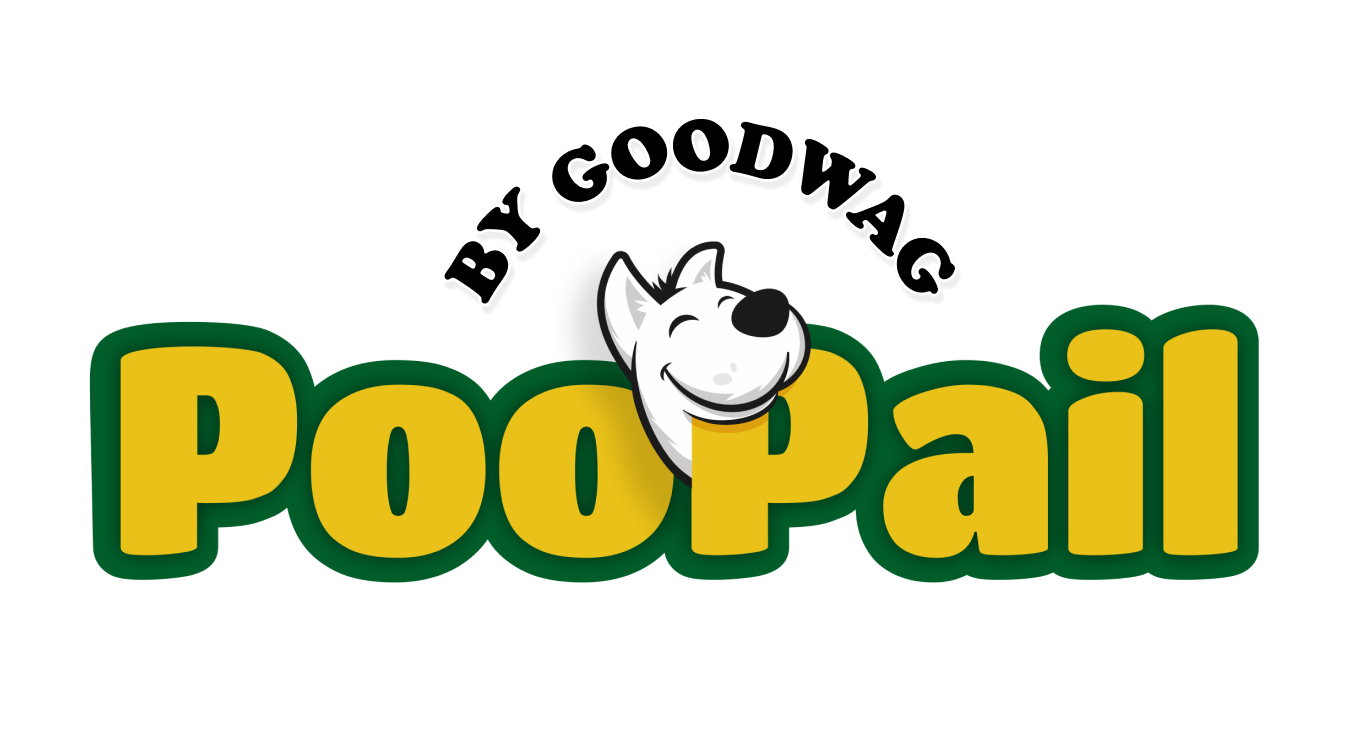
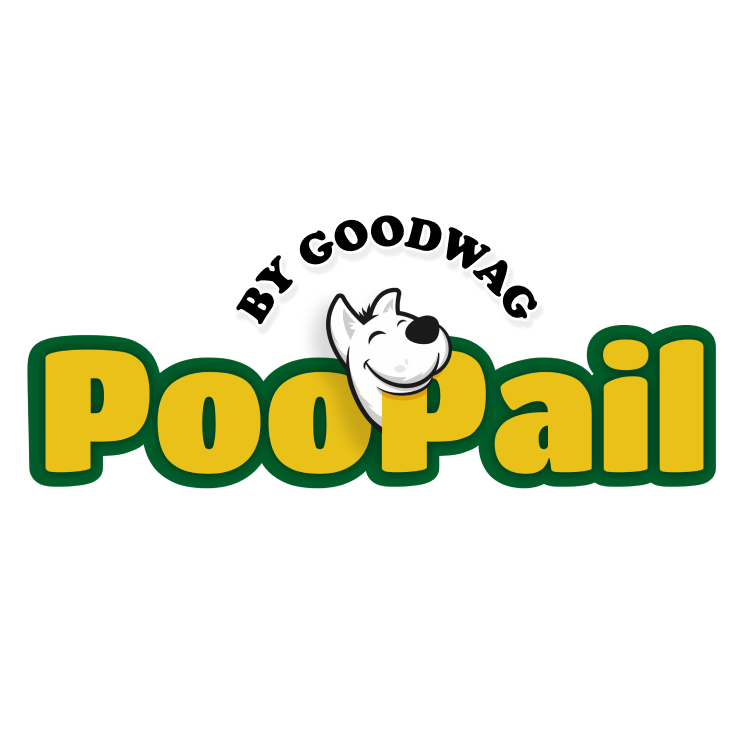
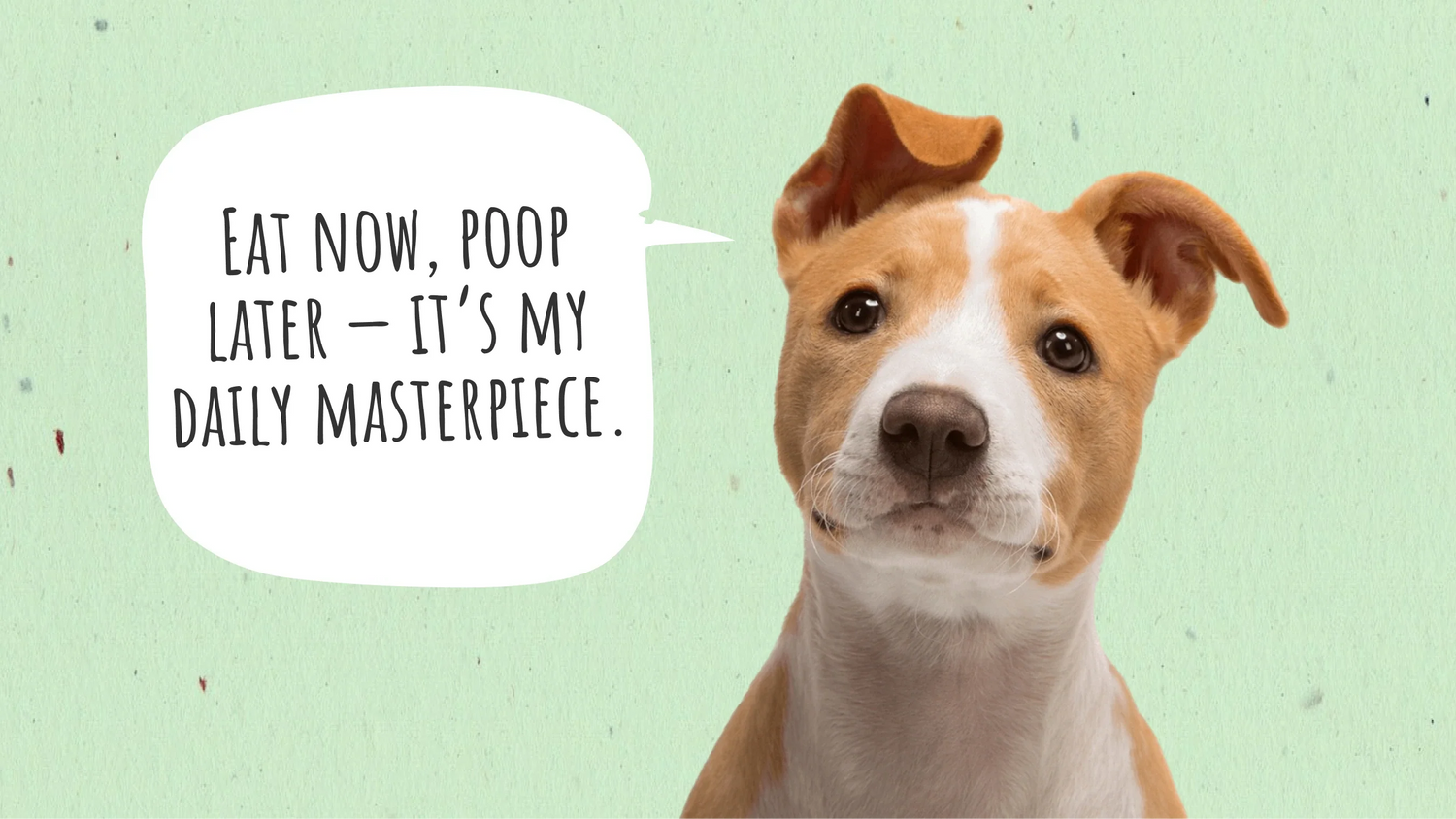
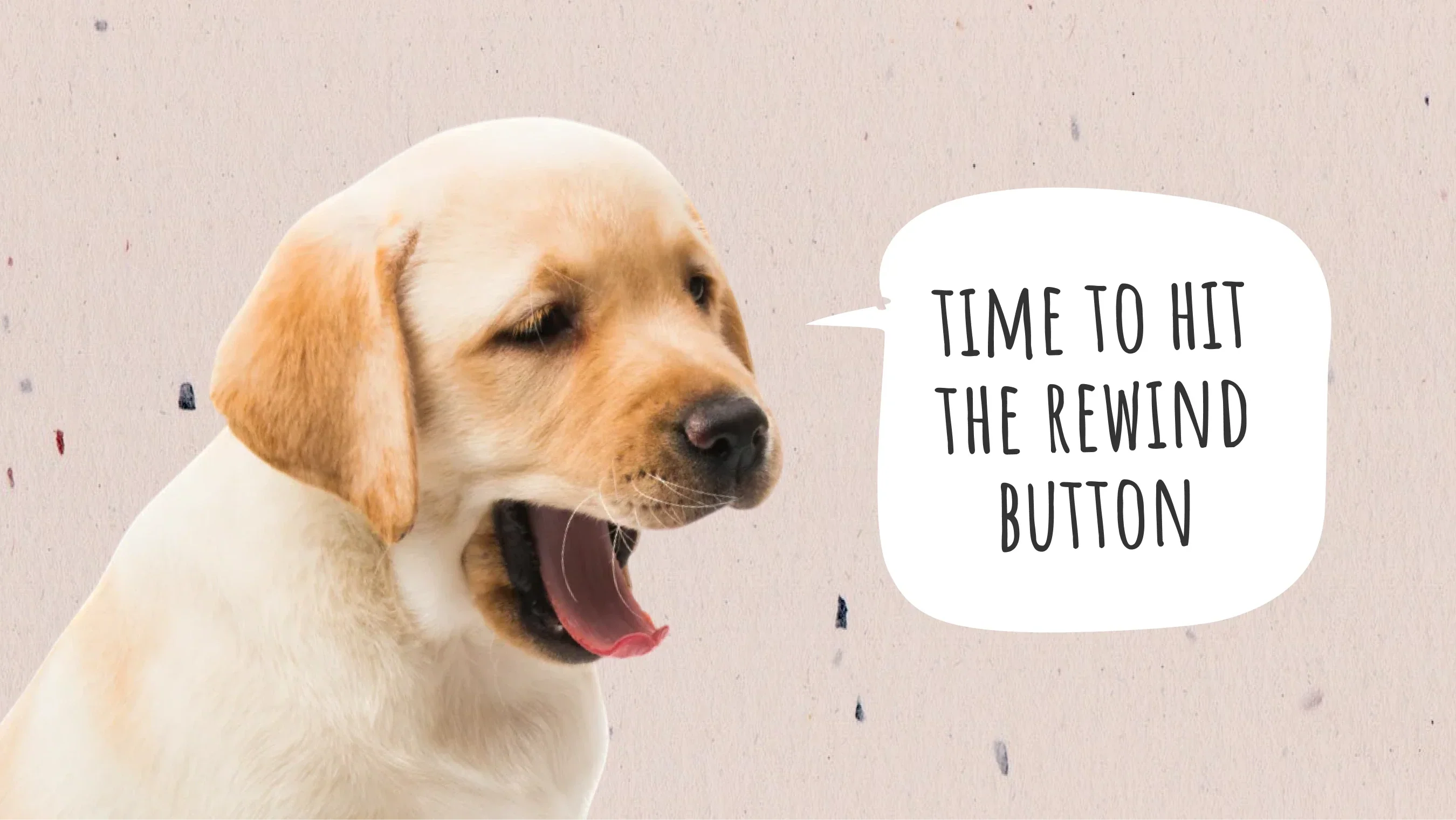





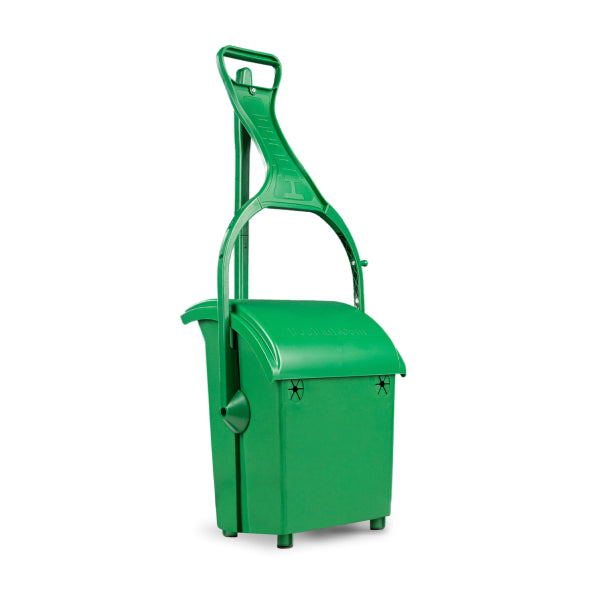




Leave a comment
This site is protected by hCaptcha and the hCaptcha Privacy Policy and Terms of Service apply.